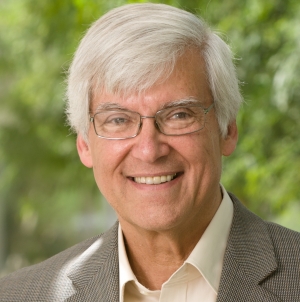Top 10 Quotes & Sayings by Geoffrey Cowan
Explore popular quotes and sayings by an American author Geoffrey Cowan.
Last updated on November 25, 2024.
You know, the primary process itself is very confusing. But in the end, I guess I believe what Winston Churchill said, which is that democracy is the worst form of government except for all the others. And that phrase of his, which I always have previously thought to be kind of acute, more recently I've thought of it in this way, to say well, you know what, he's also saying it's the worst form of government - except for all of the others.
And so there are a lot of bad things. And in this campaign, if there's somebody you don't think should be nominated, if you think there's a coarseness to the campaign that's horrible, if you think it's creating voices around the world that seem to speak for America and damages in the world, you may say it's pretty horrible. On the other hand - what's the reverse?
To picture Roosevelt as a man at this time in his life - he felt he was old. He was 53 years old, feeling lonely and irrelevant. And all of a sudden, he takes on this campaign, and it becomes a crusade for popular government. And he ultimately goes on fire in the campaign, but he discovers he's up against all the old machine tactics that he used to use himself, and he has to let the public get involved. And he energizes the public through the most extreme kind of rhetoric, which truly brings him into the streets and onto his side.
But he [Franklin Roosevelt] specifically prohibits any black participation from the Deep South, something which just infuriates people who'd been his supporters and who'd believed in him and resides that he is just shockingly abandoned the right of the people to rule. It's a pretty horrible story in that respect.



















